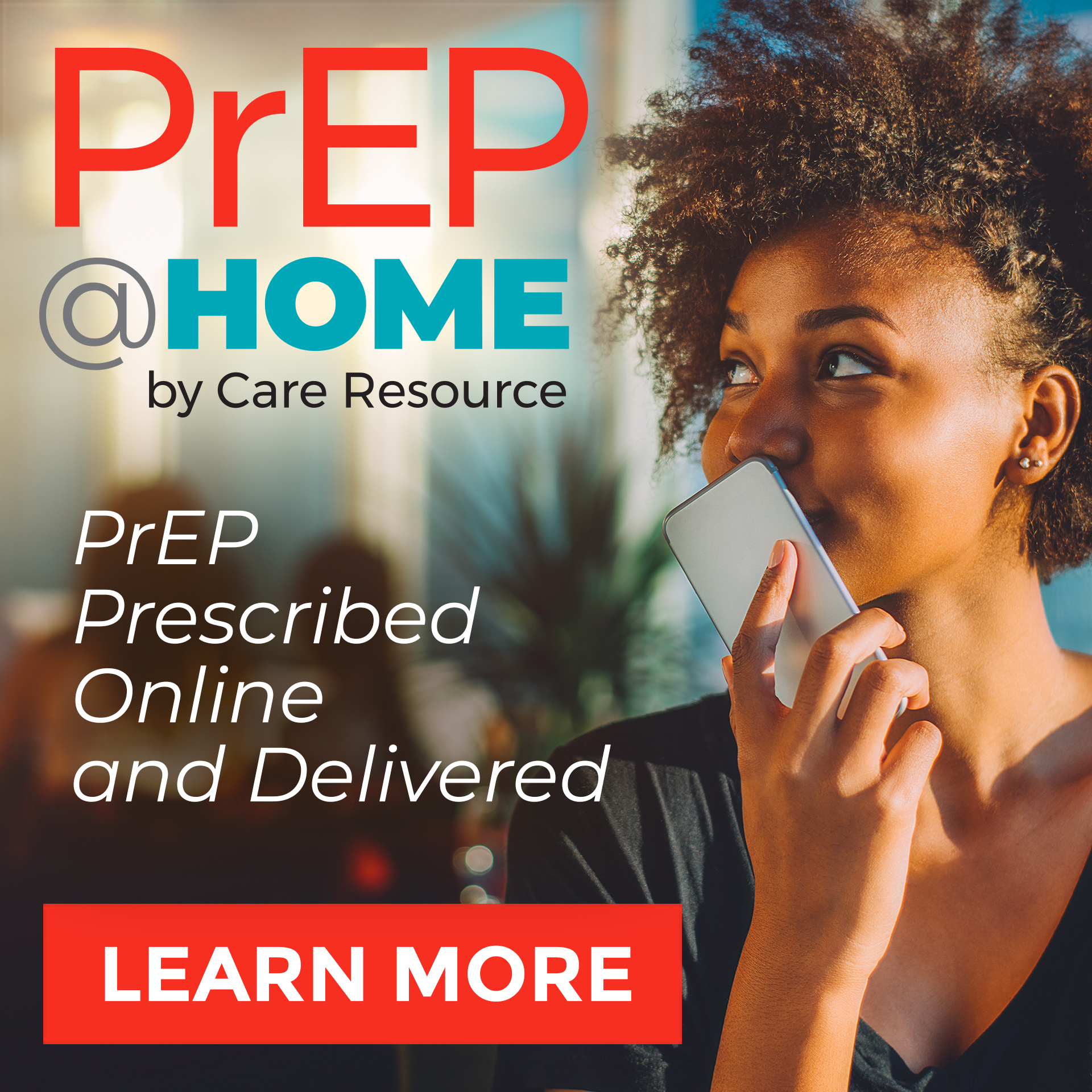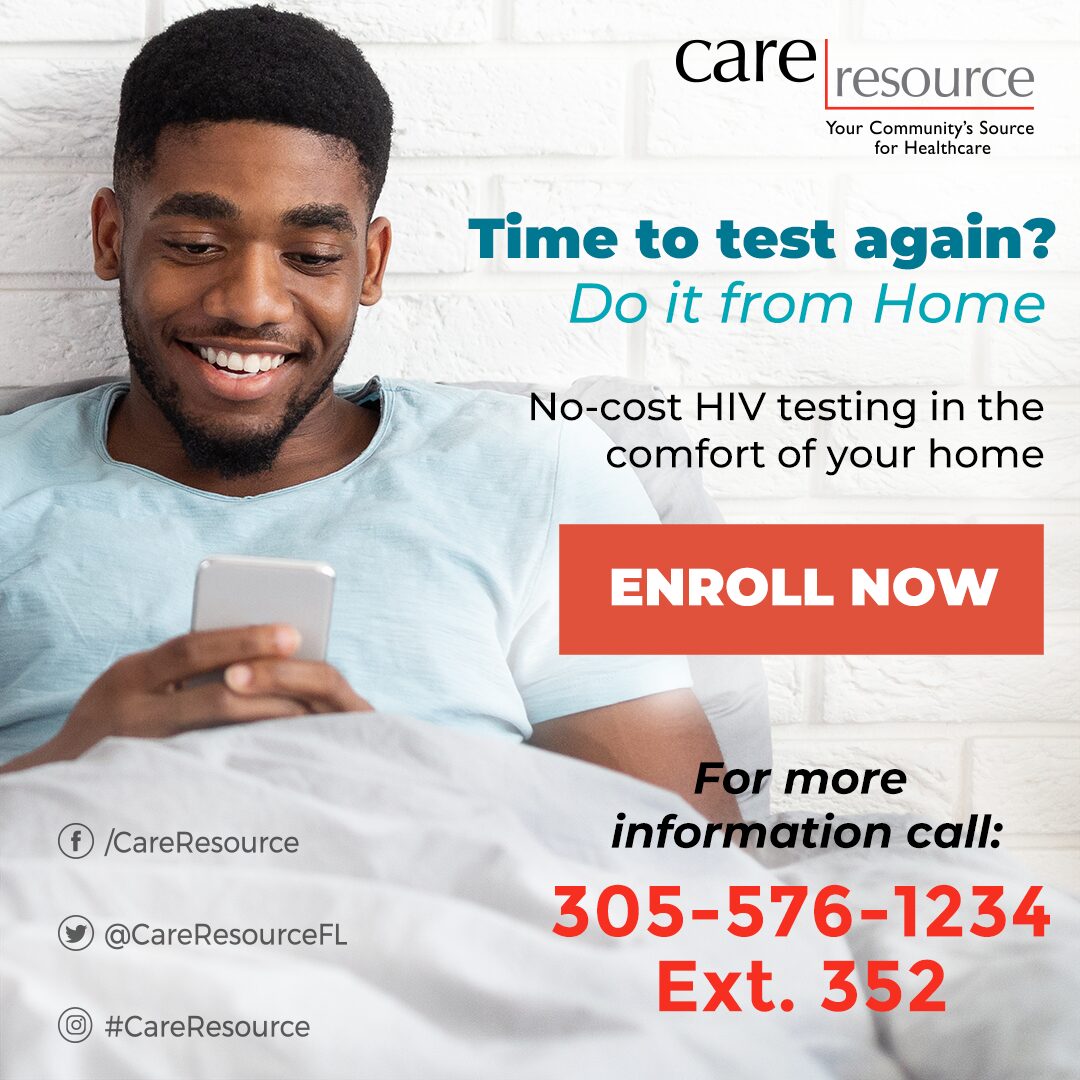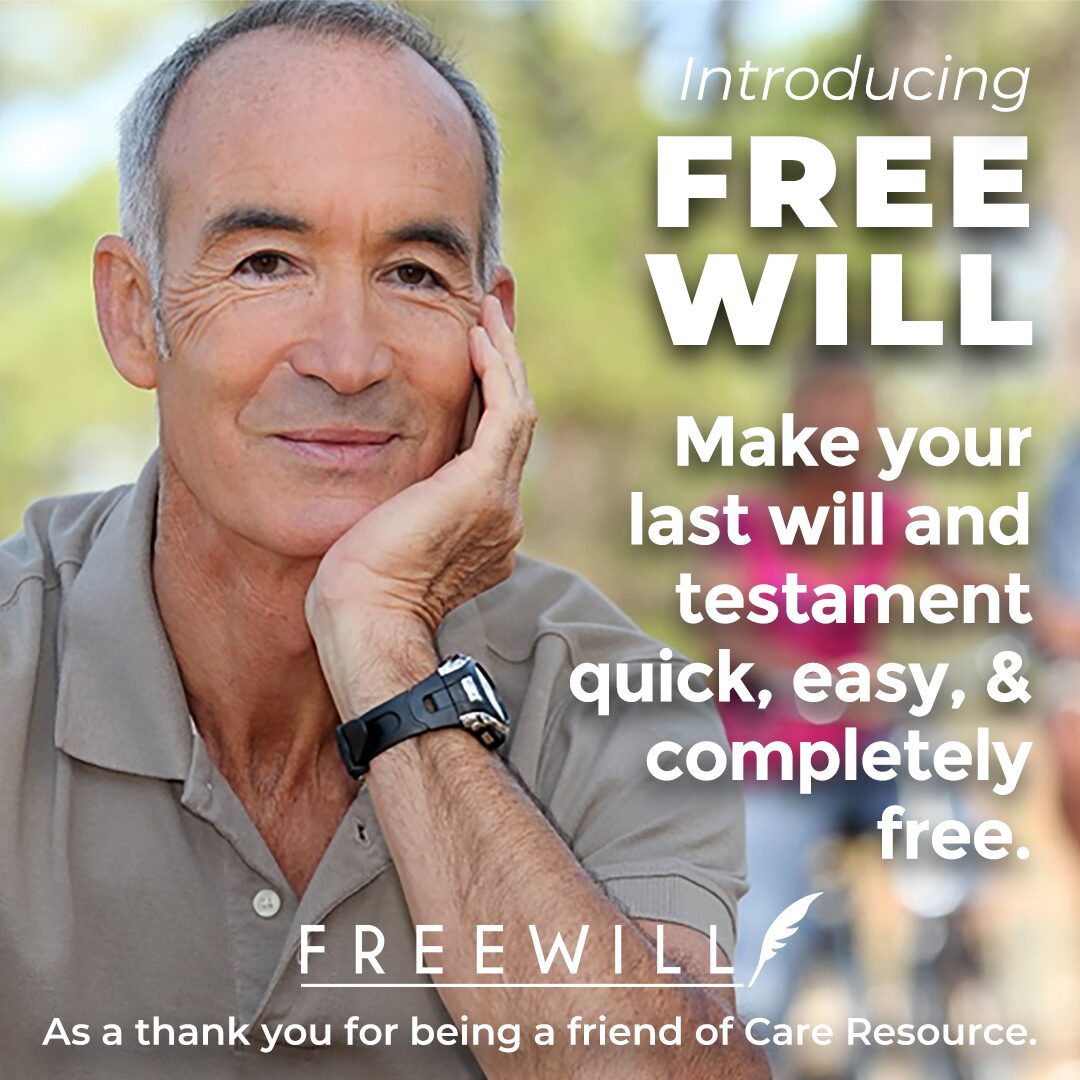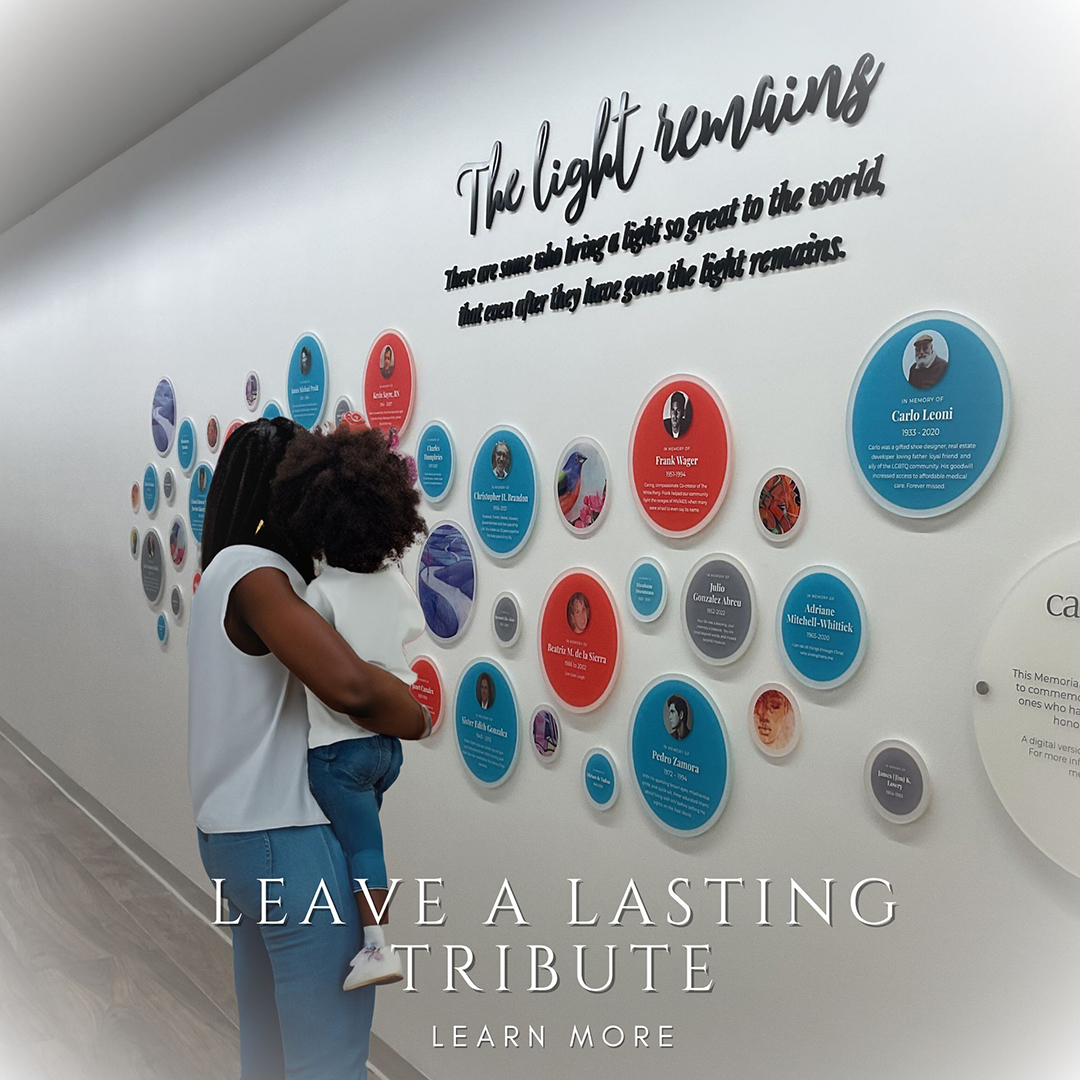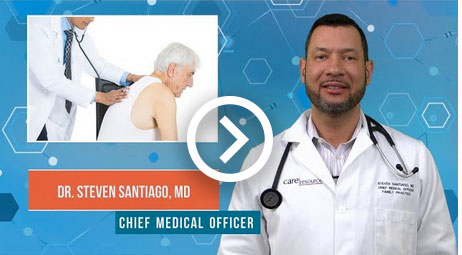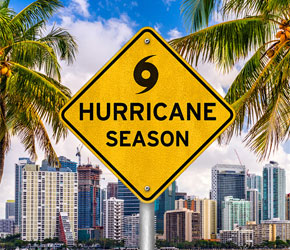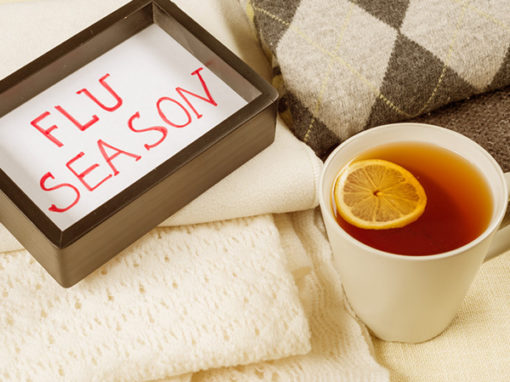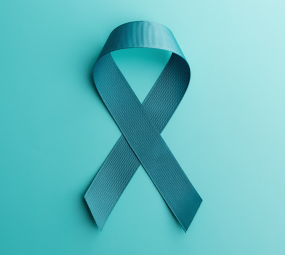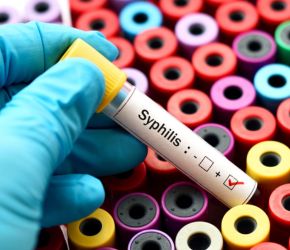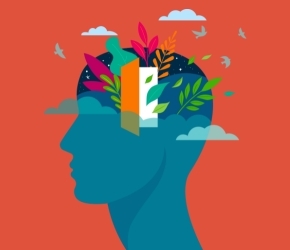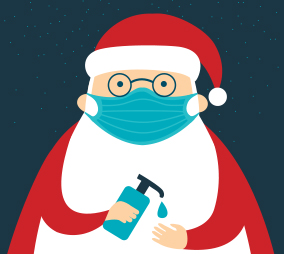What Recovery Looks Like
Real Progress, Real Support
Recovery isn’t a straight line. It’s a journey filled with small wins, tough days, and moments of real growth. During National Recovery Month, we celebrate those who are walking that path, whether they’re just starting or have been on it for years.
In 2024, the Substance Abuse and Mental Health Services Administration (SAMHSA) reported that 74.3% of adults aged 18 or older who perceived they had a problem with alcohol or drug use considered themselves to be in recovery or to have recovered.
But what does recovery actually look like?
Recovery Is Personal
For some, recovery means learning to manage cravings. For others, it’s rebuilding relationships, finding stable housing, or simply waking up and choosing to keep going. There’s no one-size-fits-all version of recovery. It’s about progress, not perfection.
At Care Resource, we see recovery every day. It looks like someone showing up for their first counseling session, a peer support specialist walking alongside a client, or a community member picking up Narcan to help save a life.
Why Support Matters
Recovery is possible, but it’s not something anyone should have to do alone. Support makes all the difference. Whether it’s emotional encouragement from loved ones or professional help from a health center, having someone in your corner can turn hope into healing.
Recovery Month reminds us that treatment works, recovery is real, and that every individual deserves a second chance, and (sometimes) a third, and a fourth, if that’s what it takes. Recovery varies from person to person, reflecting individual experiences and needs. We value meeting individuals where they are at and walking alongside them with a variety of treatment options. Recovery is not a destination. It is an individualized lifelong journey. – Thomas Smith, Chief Behavioral Health Services Officer
Here’s how you can start:
- Talk to someone you trust. A friend, family member, or peer can help you take the first step.
- Reach out to professionals. Care Resource offers medical and behavioral health services tailored to your needs.
- Join a support group. Groups like Alcoholics Anonymous or Narcotics Anonymous provide a safe space to share and grow.
- Explore therapy. Licensed counselors can help you understand the root causes and build coping strategies.
- Contact The SPOT. Our mobile clinic provides syringe exchange services, Narcan, and compassionate care in Broward County.
What Care Resource Offers
We’re here to walk with you through every stage of recovery. Our services include:
- Behavioral health counseling
- Medication-assisted treatment
- Peer support
- Risk reduction tools
- Mobile outreach through The SPOT
Whether you’re seeking help for yourself or someone you care about, we’re ready to support you.
How to Get Help
Call us 305-576-1234 or visit one of our health centers in Midtown Miami, Little Havana, Miami Beach, or Fort Lauderdale.
Contact The SPOT at 954-566-SPOT (7768)
Recovery Is Possible
Let’s celebrate the strength it takes to recover, and the support that makes it possible. If you’re ready to take the next step, we’re here. Recovery isn’t just about surviving, it’s about thriving.

